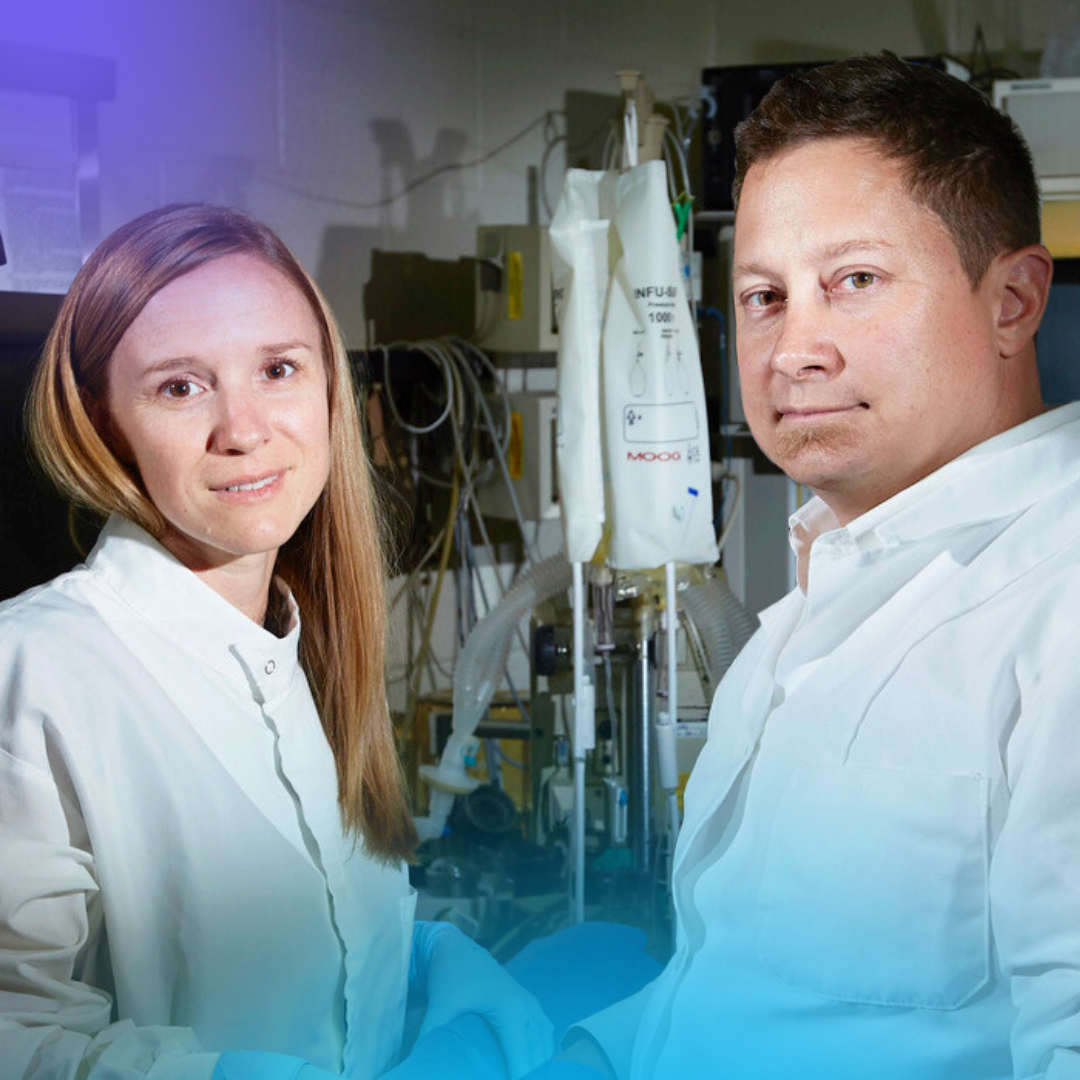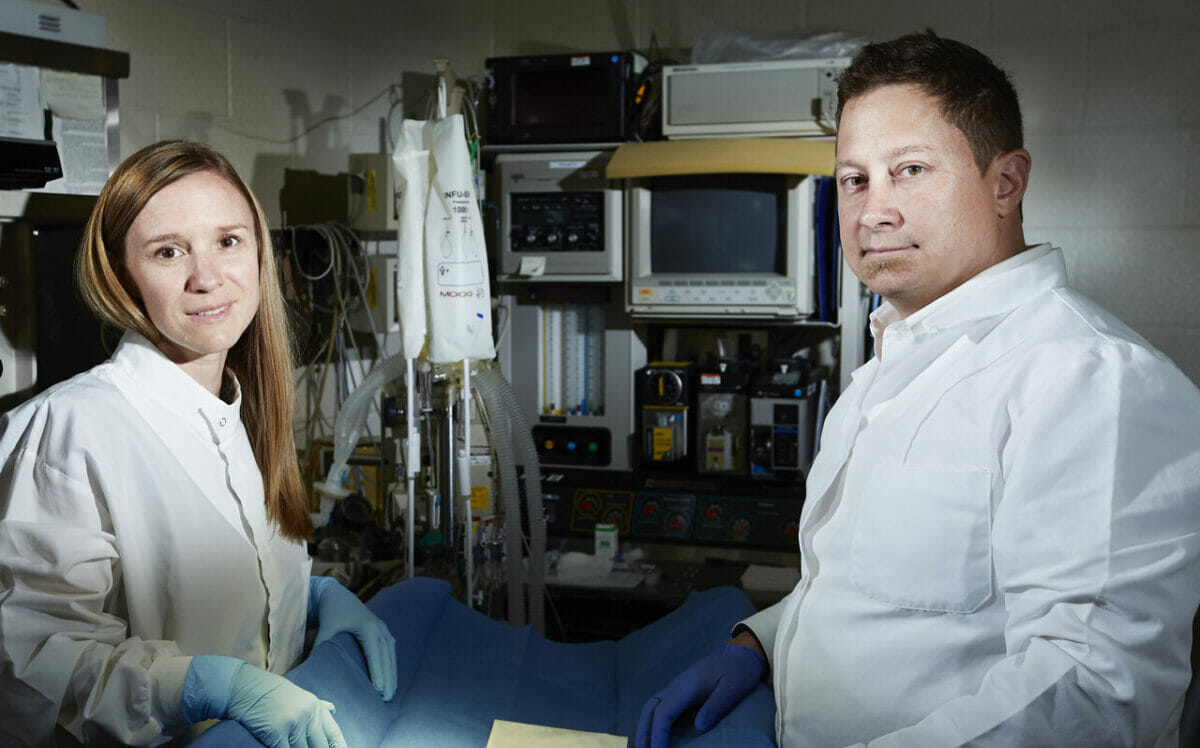
Research
PT366 – Neurotransmitter Systems and Novel Psychedelic Molecules
October 21, 2022
Featuring: Dr. Rochelle Hines Ph.D. & Dr. Dustin Hines, Ph.D.
In this episode, Joe interviews the Co-Founders of Tesselate Therapeutics: Dr. Rochelle Hines, Ph.D. (also the CEO and an Associate Professor at UNLV), and Dr. Dustin Hines, Ph.D. (the CSO as well as an Assistant Professor at UNLV).

In this episode, Joe interviews the Co-Founders of Tesselate Therapeutics: Dr. Rochelle Hines, Ph.D. (also the CEO and an Associate Professor at UNLV), and Dr. Dustin Hines, Ph.D. (the CSO as well as an Assistant Professor at UNLV).
While Tesselate’s primary objective is the development of novel psychedelic molecules, the Hines’ work goes much deeper than that, as they are researching the ways the brain communicates with itself and other parts of the body: how neurotransmitter systems interact, why synaptic partners find each other, and how certain substances may be able to modulate the actions of specific receptors. They are exclusively studying phenethylamines and using EEG to isolate signatures that could help predict the outcome of a therapy session. Additionally, they’re attempting to build a “tripnogram,” modeled after the hypnogram that explains the stages of sleep.
They talk about the reductionist base of neuroscience; the biodiversity in human populations and how heterogeneous depression can be; the reliability of the head twitch model; the structure of the cerebral cortex; neuroplasticity; the price of bringing new drugs to the FDA and the strategy of “failing fast,” and much more. You’ll likely learn a lot from this one, especially if terms like polypharmacy, laminar, ocular dominance columns, synaptic pruning, and “psychedelicitivity” (thanks for that one, Joe!) are new to you.
Notable Quotes
“I’m really fascinated by these connections that cells form with one another in the brain. And I’m really fascinated by how they form these partnerships so reliably, and all the right equipment gets there. And generally under typical conditions, we have this really high fidelity system so that [a] neurotransmitter gets released, and the right receptors are there to receive it, and the signal gets passed on. That always struck me as just this incredibly cosmic process. How do we make it right all the time, hundreds of thousands of times during development?” -Rochelle
“The average drug that gets into the clinic costs about 3 billion. And most of that cost is racked up from failures that get pushed along, pushed along, make it into clinical, a lot of money goes into them, and then they ultimately fail. So I think a big strategy now is to see how quickly you can get something to fail, because then you’ll save yourself some time and money in the long run.” -Rochelle
“If you want the answer, you should listen to everyone. You should be [a] skeptic, but you should listen to everyone.”-Dustin
“I’m not at the stage where I think this is our last hope; I think there’s other hopes. But I see a revolution here. I really do, because it’s impacting the basic science that we’re doing also. People need this. People deserve it.” -Dustin
Links
TSL8.ai: Tesselate Therapeutics
UNLV.edu: Rochelle Hines, Ph.D.
MIT.edu: Why it’s a problem that pulse oximeters don’t work as well on patients of color
Sciencedirect.com: Head-Twitch Response
Wikipedia.org: Ocular dominance column
Encyclopedia.com: Illness And Sick-Role Behavior
Lucid.news: Journey Colab Looks to Mescaline for Treating Alcohol Use Disorder
